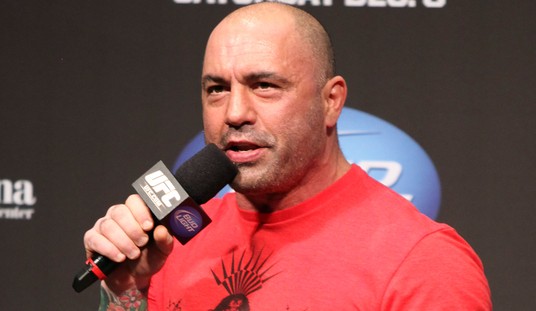The fiscal train wreck that Obamacare and other health care entitlements will inevitably cause is quickly approaching—and no amount of tax increases can save us from the crash.
Although the “Eat the Rich” and “Tax the one percent” way of thinking is currently in vogue, these catchy sound-bites remain nothing more than pithy slogans. Not only can the “rich” not pay it off, but if Congress does not act, the rich, the middle class, and the poor together will not be able to cover the tab.
Making matters worse, taxes are scheduled to increase significantly on earners in all income brackets – hitting the poorest Americans hardest. Yet even if these draconian tax hikes come to pass, America’s vexing fiscal issues will remain.
Recommended
Higher taxes in the coming years are the result of laws already on the books and will occur without any action from Congress. Because a large portion of the tax code is not indexed for inflation, more and more people will be pushed into higher brackets. This means that a greater share of people’s incomes will go to taxes, further eroding people’s purchasing power– despite nominal increases in compensation. The poor will be impacted disproportionally as fewer and fewer are eligible for the Earned Income Tax Credit. Obamacare will also pile on tax hikes on the nation’s wealthiest citizens.
Yet despite forecasts projecting the largest tax revenue stream in living memory over the next couple decades, the nonpartisan Congressional Budget Office (CBO) says we will still be unable to control the growing debt. Obamacare and other health care entitlements are literally putting a chokehold on the American economy and real change is desperately needed in order to avert complete financial catastrophe.
Last week, the CBO released their “Long-Term Budget Outlook” which showed health care entitlements are essentially driving the country to insolvency. Spending on major health care programs (which includes Medicare, Medicaid, the CHIP, and health insurance subsidies) far outpaces every other category of spending. It will even surpass the growing Social Security liability in the next couple years, despite an aging population and the impending retirement of ‘Baby Boomers’. Spending increases mandated under Obamacare will increase the share of GDP going to major health care programs by 53 percent.
Most of the jump in federal health care spending can be traced directly to Obamacare, with 62 percent of the increased costs from health care programs over the next ten years stemming from different components of the President’s law. Medicaid expansion and health insurance subsidies contribute over $1.8 trillion to the sharp rise in health care spending through 2024.
Overall, this massive surge in entitlement spending will lead to deficits and share of public debt not seen in decades. Only once before, during WWII, has our country seen comparable levels to what we will see if Congress does not act. Twenty-five years from now, when today’s preschool children are receiving college diplomas, the public’s share of the federal debt will exceed the total amount we produce, surpassing 100 percent of GDP.
All of the projected increased debt and deficits will accumulate in spite of the tax burden rising to the highest share of GDP it’s been since the nation started measuring national income.
Those on the left have repeatedly called for higher taxes on the wealthy, but the latest CBO report makes it clear that it is impossible for any amount of tax hikes to offset the massive spending increases. Even though tax revenue will rise to make up almost one-fifth of total output, all it will do is stymie potential growth and innovation—making little impact in reducing the debt.
The CBO has once again made clear the urgent need for entitlement reform and spending cuts. If nothing is done, the rich will not be the only ones asked to bear the burden – the middle class and the poor, who are less equipped to handle increased taxation, will be hit.
The economic fate of our most vulnerable friends and neighbors, our next generation, and the future of our country hinge on policymakers reforming the creaky institutions of our runaway welfare state.


